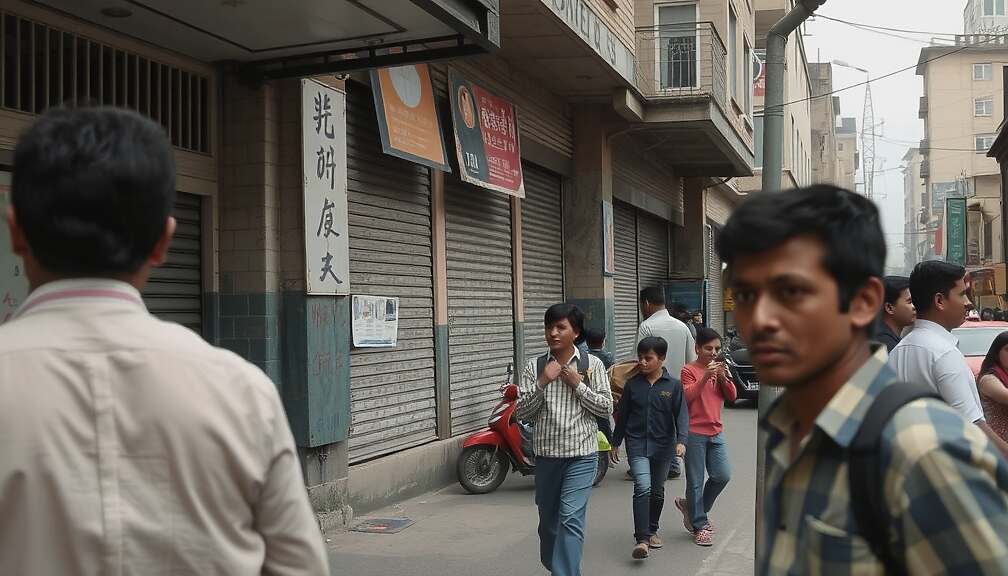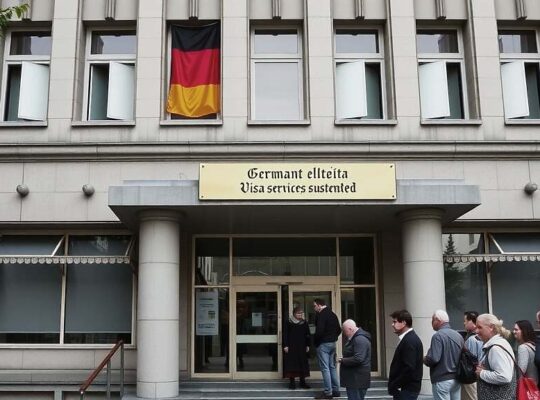A concerning revelation from the German Interior Ministry, disclosed in response to an inquiry by the AfD parliamentary group, highlights a systemic failure in the deportation of foreign nationals suspected of serious violent crimes. The data, drawn from the Police Crime Statistics (PKS) for 2024, indicates that 130 individuals facing allegations of murder, manslaughter and negligent homicide remained in Germany.
Breaking down the figures reveals a disturbing portrait of individuals with a significant criminal footprint. Thirty-two are currently implicated in murder cases, 94 in manslaughter and four in negligent homicide. A key element of the situation is the precarious legal status of many of these suspects. While 34 were present in the country illegally, a substantial 96 held a “Duldung” – a temporary residency permit granted due to legal proceedings, lack of travel possibilities, or perceived threats to their safety if deported.
The reliance on “Duldung” as a de facto suspension of deportation proceedings is now facing renewed scrutiny. Critics argue the system, initially designed as a temporary measure, has become a loophole allowing potentially dangerous individuals to remain within Germany, presenting a risk to public safety. The Interior Ministry’s response, while providing the data, offers little in the way of explanation for the continued presence of these suspects, fueling a political firestorm surrounding immigration policy and law enforcement capabilities.
The AfD, which instigated the inquiry, is likely to leverage this information to amplify its calls for stricter immigration controls and accelerated deportation processes. They contend that the current procedures demonstrate a flawed system prioritizing bureaucratic delays over the protection of German citizens. The government now faces mounting pressure to address the underlying issues driving this backlog of deportations and re-evaluate the effectiveness of the “Duldung” system, navigating a complex interplay between legal obligations, humanitarian concerns and the imperative to maintain public safety. The disclosure is expected to intensify the ongoing debate about the balance between integration, security and the consequences of increasingly lenient immigration policies.












